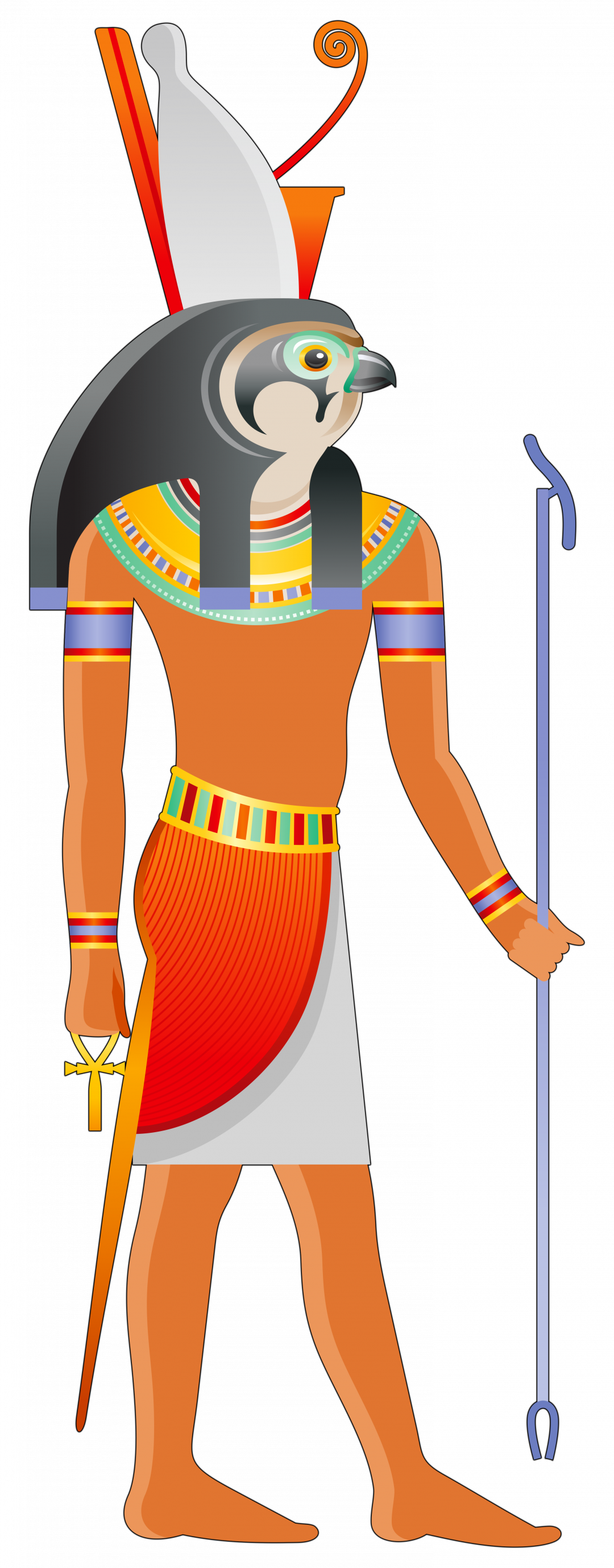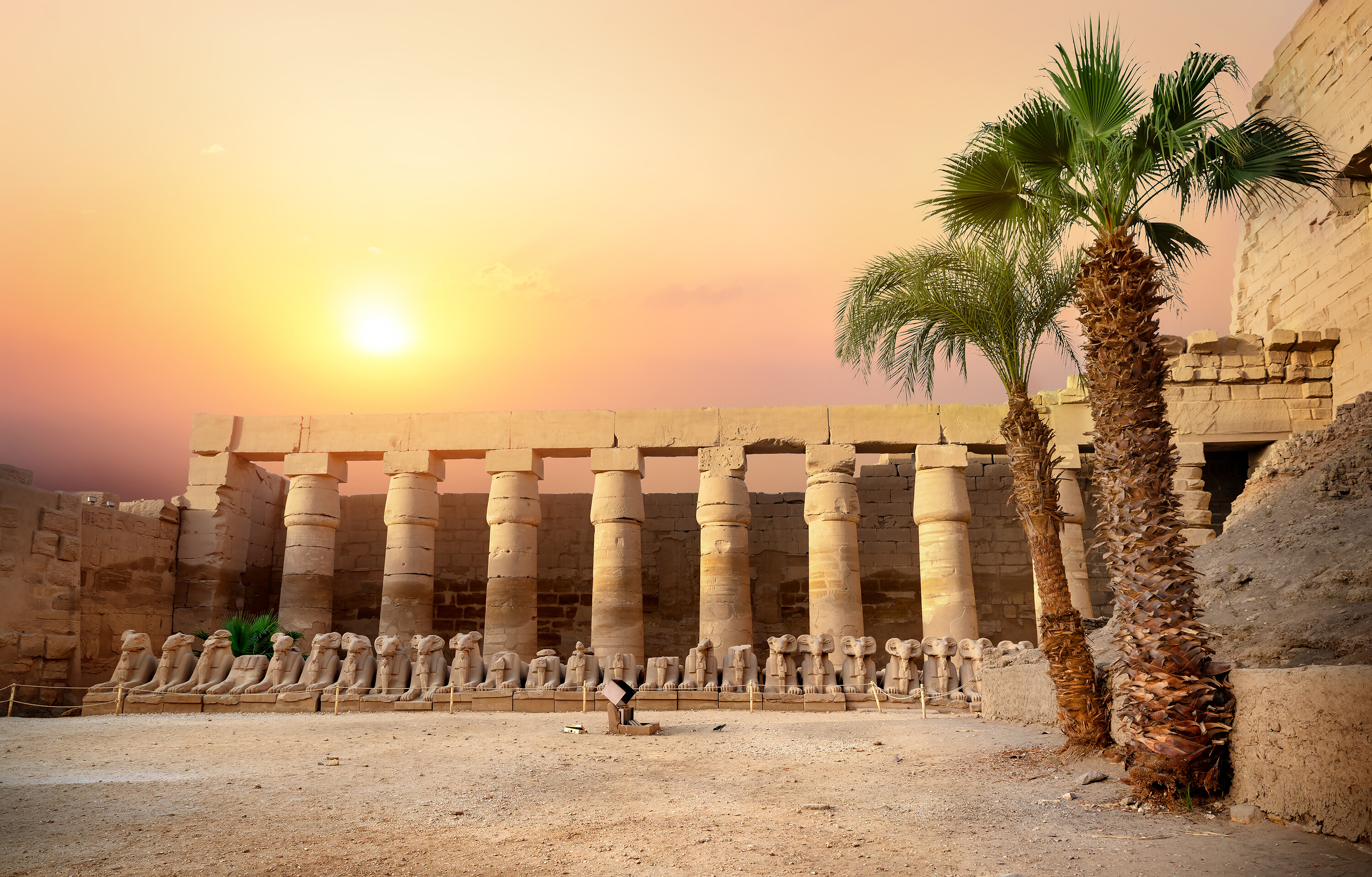
Horus The Elder
Most people can’t differentiate between Horus the Elder and Horus the Younger. Horus the Elder, or Horus the Great, was the son of the earth god Geb and sky goddess Nut. On the other hand, Horus the Younger was the child of Isis and Osiris.
In Ancient Egyptian mythology, Horus was the god of the sky and the sun. Although there were many patron deities of the sky, the experts believe that this god was the most important one. In images, Horus is often shown as a man with a head of a hawk.
The name translates to “the Distant one.” This tells us that the god lives high in the sky and is untouchable. He was born as soon as the world was created. His parents Nut and Geb divided responsibilities between three brothers: Osiris governed the land, Horus the sky, and Set the underworld. Over time, Osiris became very powerful, making Set jealous, which is why he ultimately killed his brother.
According to a different story, Horus has a close connection to Hathor and most likely his wife. Like many other gods, Horus protected Ra as he glided across the heaven in his barge. In most cases, this deity was shown as benevolent and protective.
Over time, Horus absorbed many other falcon deities. Most of these were minor deities such as Montu or Dunanwi. There is a lot of debate regarding all the gods that Horus absorbed and was connected to. Eventually, the deity became one with Anubis creating Horus-Anubis god.
Like other Ancient Egyptian gods, as Horus gained popularity within the country, the religious powers tried to increase his importance by merging him with other deities. That way, Dunanwi’s followers would start praying to Horus as a unique entity.
Experts consider Horus the Elder as one of the first Ancient Egyptian deities. He probably came from a minor, local falcon deity and would gain human traits with increased popularity. According to archeological findings, some of the first pharaohs who reigned during the Predynastic Period were called “Followers of Horus,” indicating that the god was around since the earliest time.


